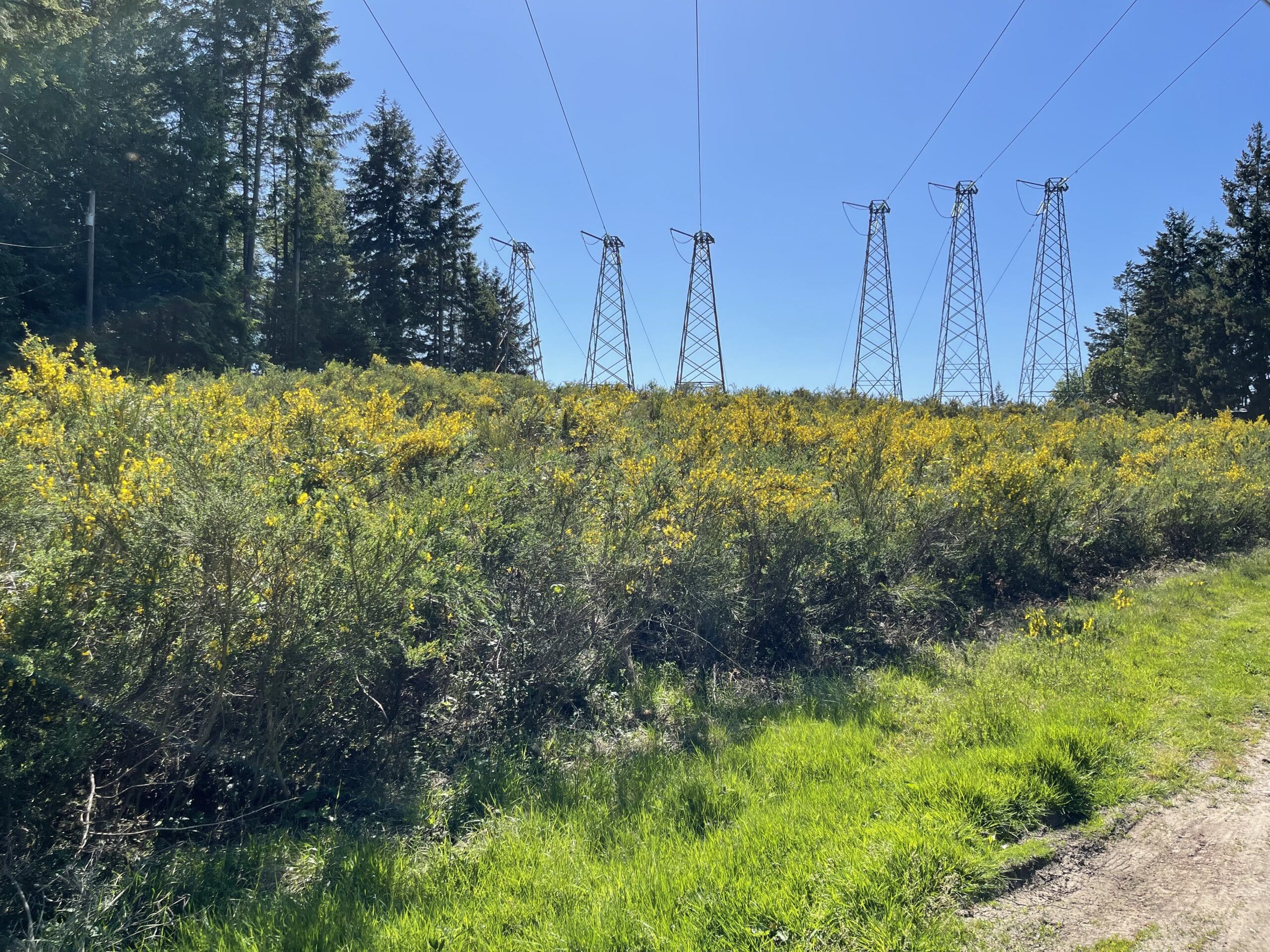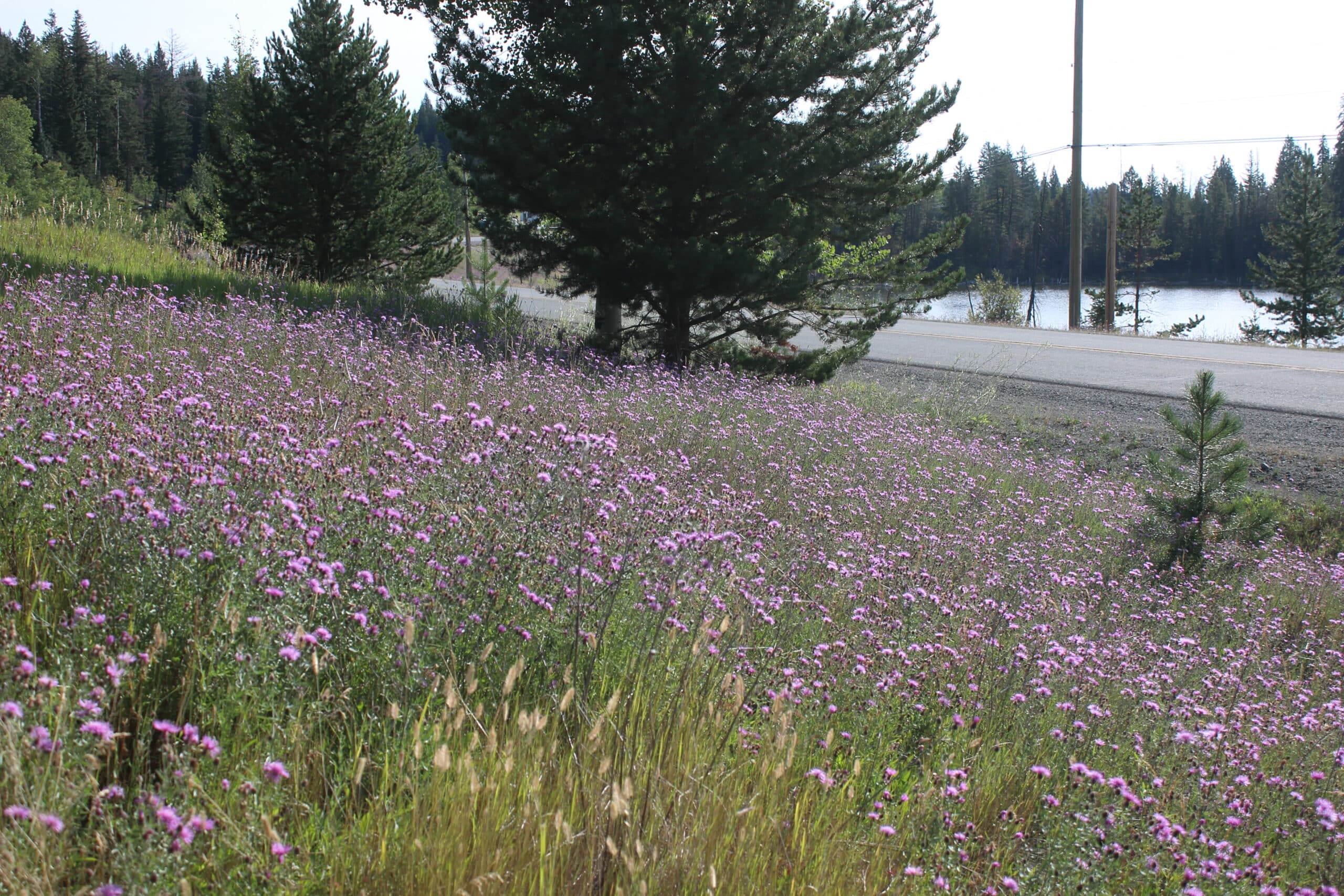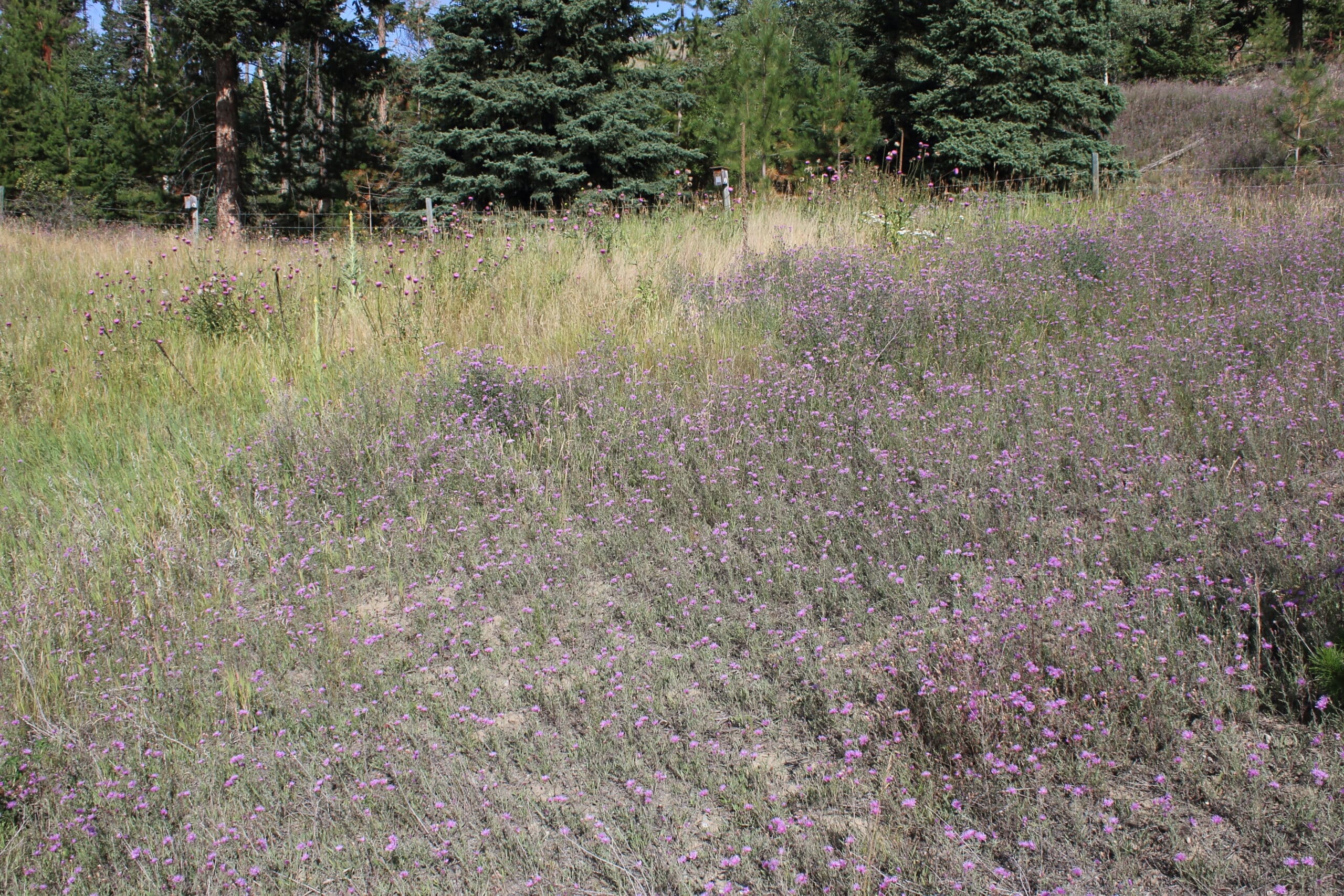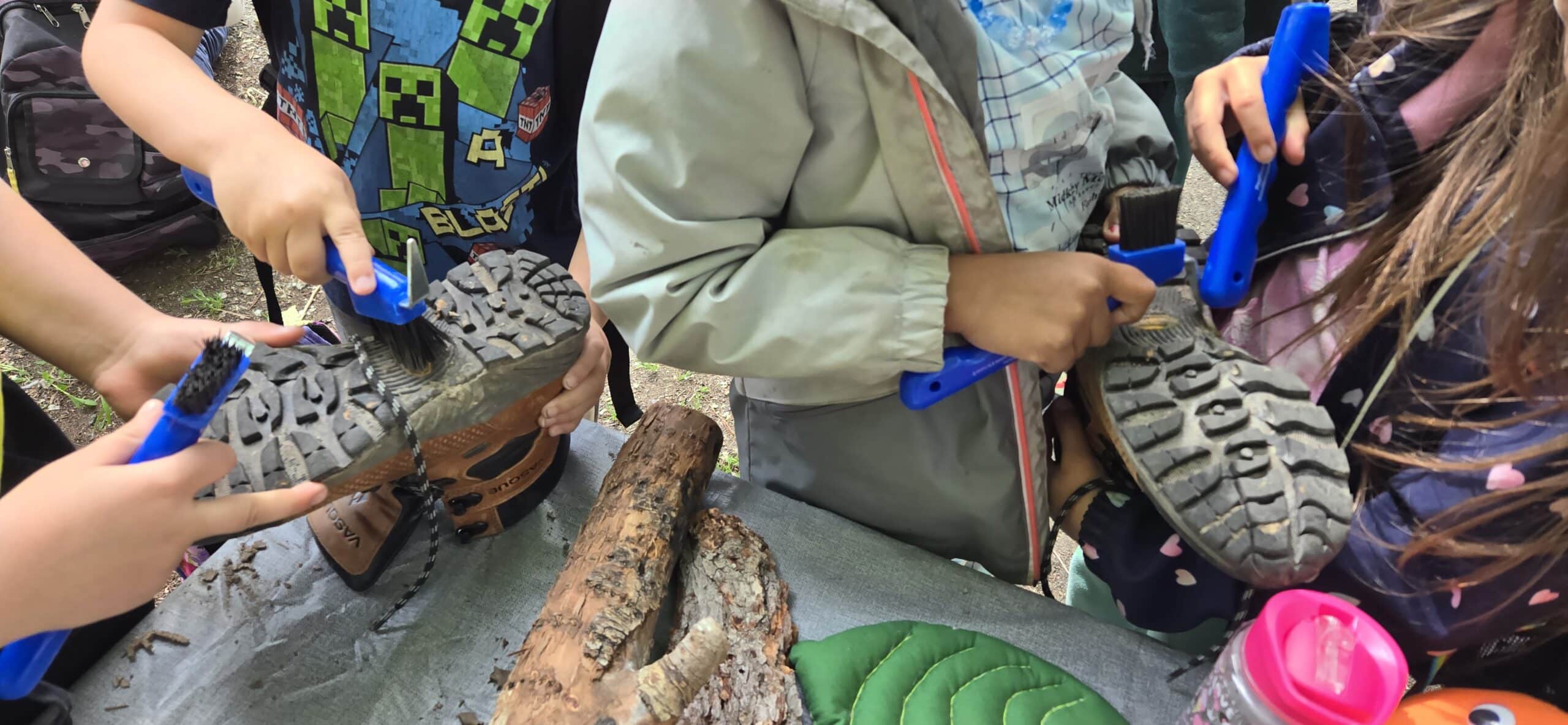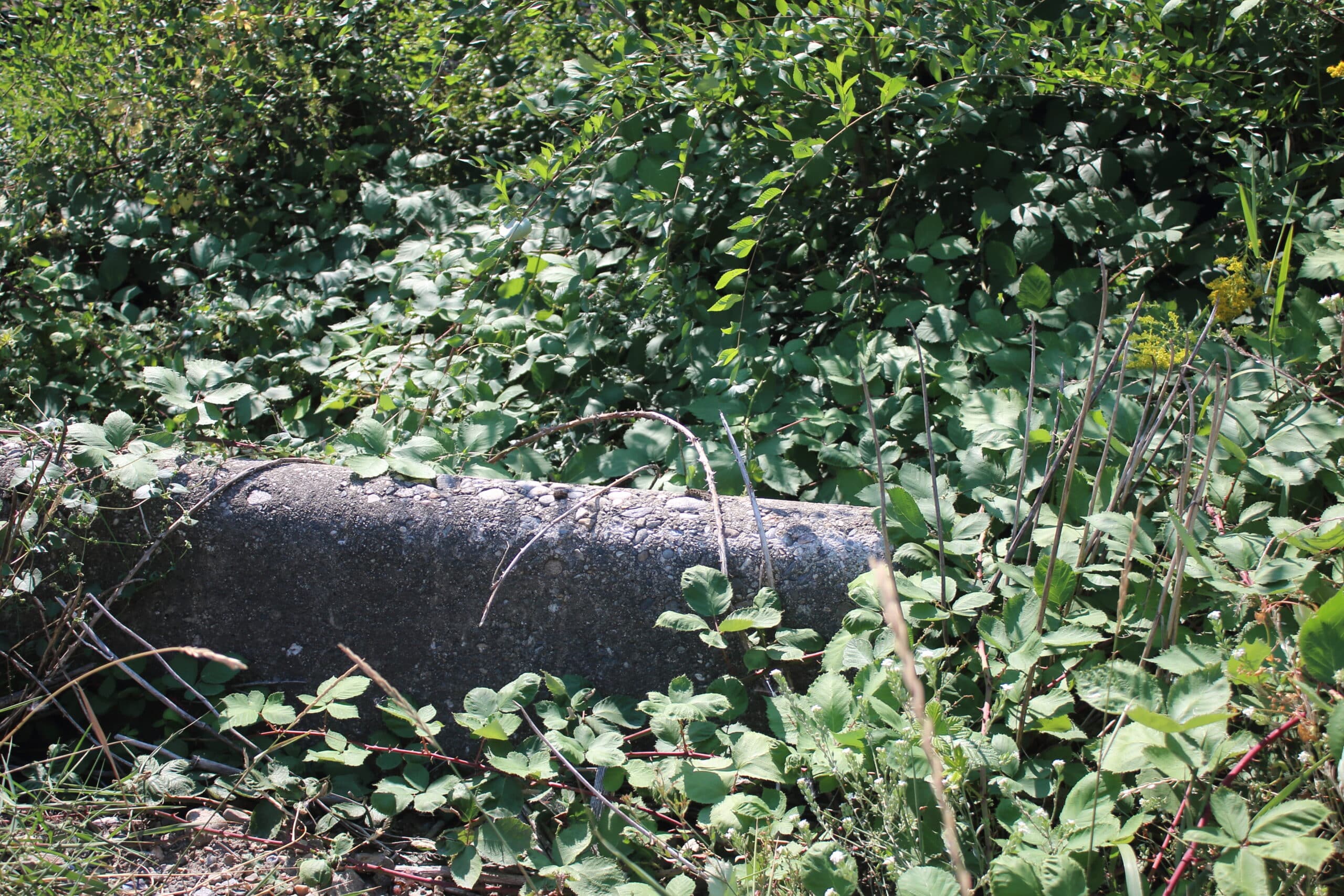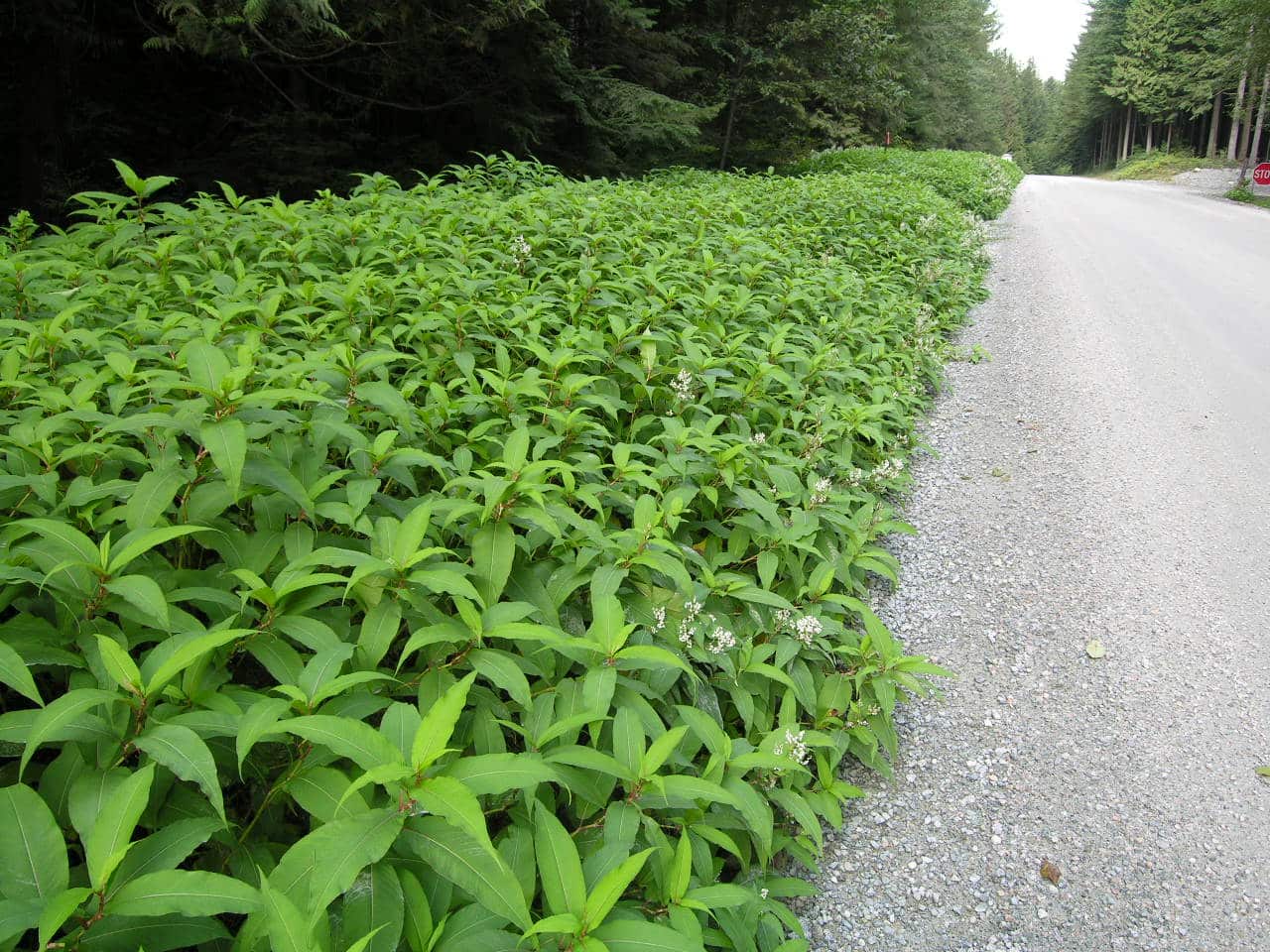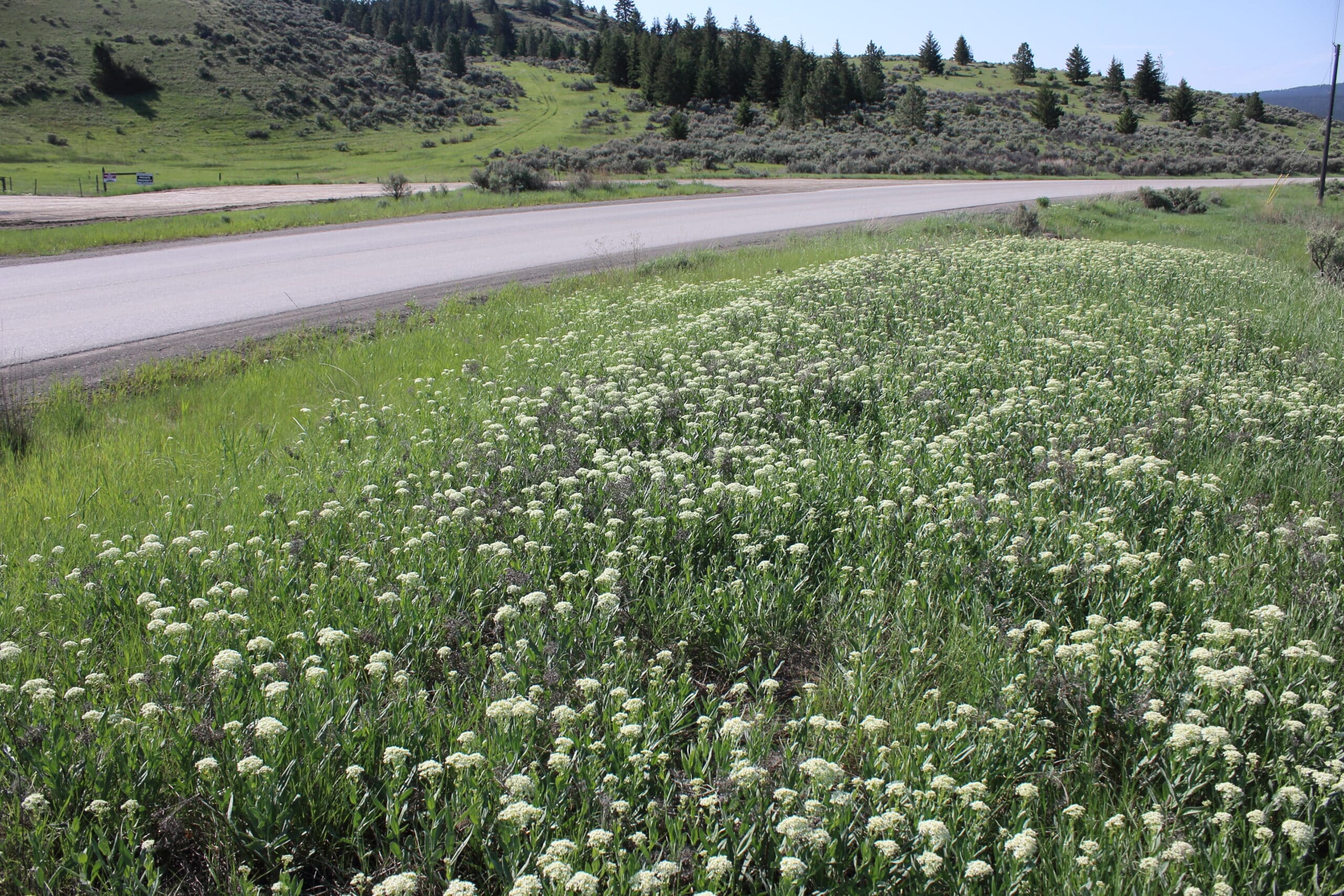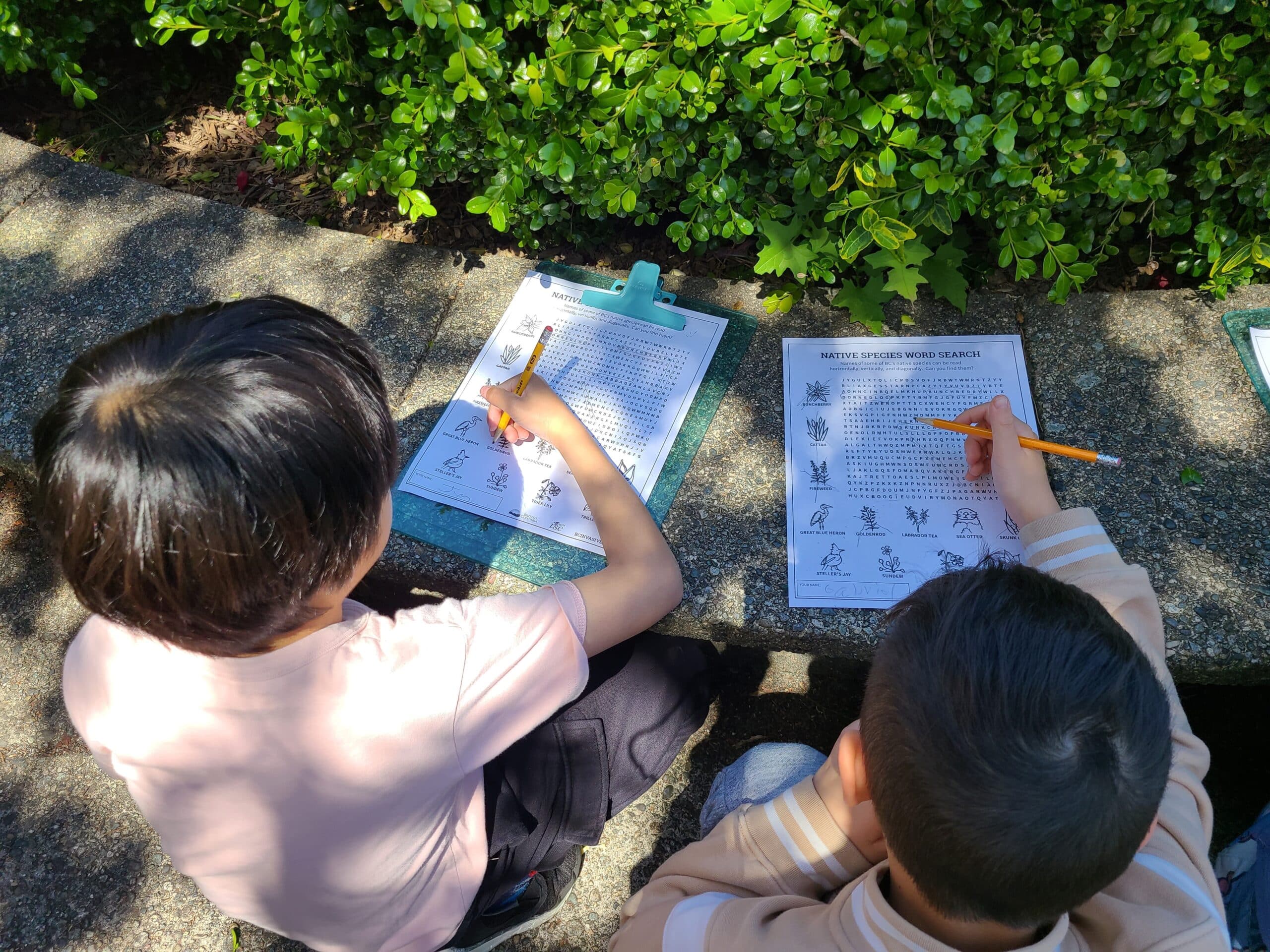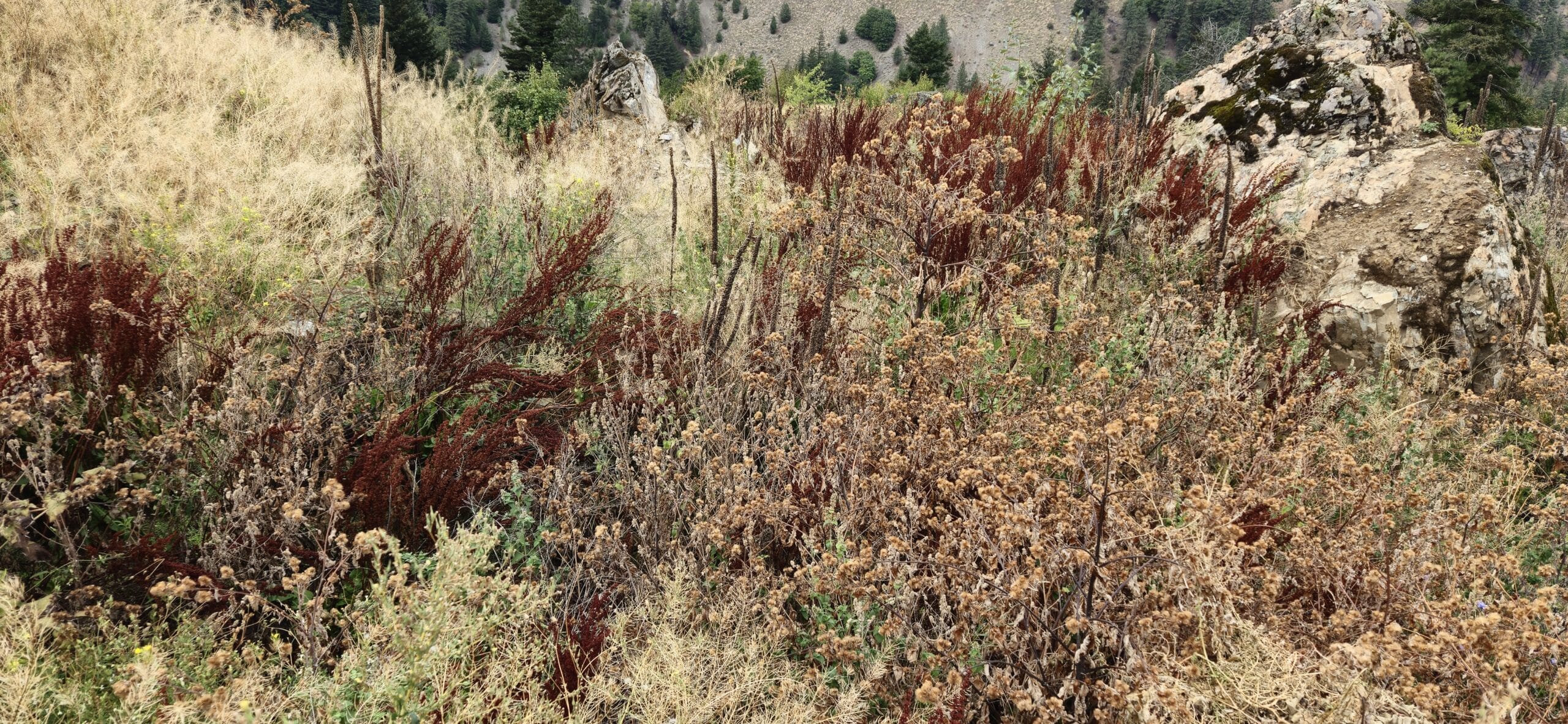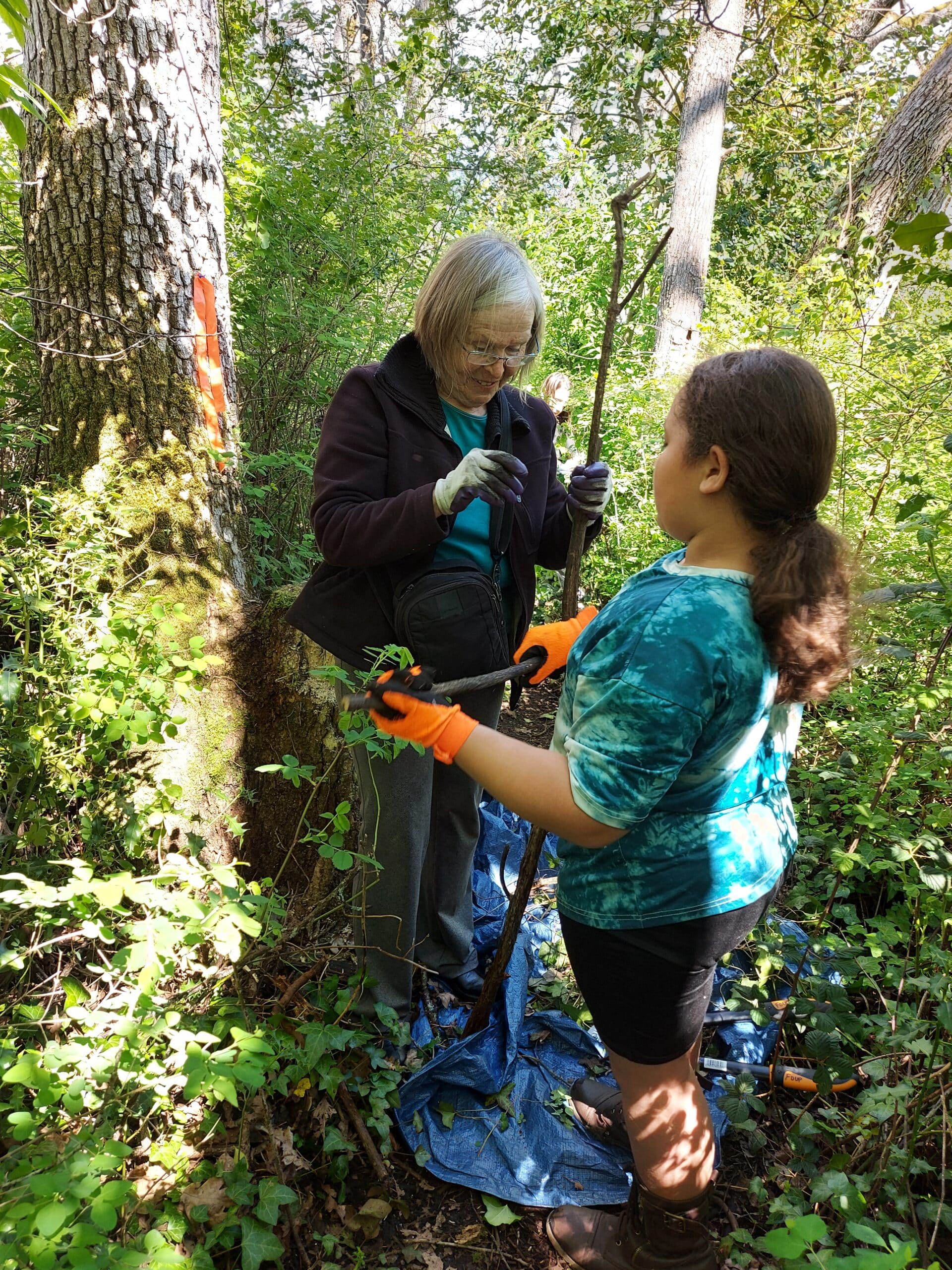May 13-15, 2025
2025 Invasive Species Research ConferenceGetting ahead of the invasion curve: bridging the gap between research and management
The Invasive Species Council of BC is pleased to host the 2025 Invasive Species Research Conference – Getting ahead of the invasion curve: bridging the gap between research and management, May 13-15, 2025, at the University of British Columbia Okanagan Campus in Kelowna, BC. Virtual ticket options are also available!
Conference Background
The Invasive Species Council of BC convened the first Invasive Plant Research Conference in 2011. The Research Conference was deemed successful for both academic researchers and practitioners by linking science with operations. Based on the 2011 Research Conference, the BC Research Road Map was created to identify the future needs and priorities for invasive plant research relevant to BC.
To build upon this work, Thompson Rivers University (TRU) and the Invasive Species Council of BC co-hosted the 2017 Invasive Species Research Conference which took place June 20-22, 2017, in Kamloops, BC.
The 2021 Invasive Species Research Conference took place virtually in an online event portal. Attendees learned about current and published research from 40 presenters in a variety of themed sessions. The event facilitated connections between invasive species researchers and practitioners in the Pacific Northwest.
Now we’re reconvening back in person and online for 2025!
Conference Program
The program includes keynote speakers, themed oral presentation sessions, lightning talks, a poster session and evening reception, student awards, field trips, a workshop, and plenty of networking opportunities.
Who Should Attend
Invasive species researchers and practitioners from North America and beyond are invited to participate and to submit scientific research abstracts for presentations at the Invasive Species Research Conference. All those working or interested in invasive species research are encouraged to attend.
Timelines
- Call for proposals open: September 15, 2024
- Call for proposals close: If you’d like to submit an abstract, please contact dwatson@bcinvasives.ca
- Abstract review period: February 3, 2025
- Presenters confirmed: March 7, 2025
- Live Conference: May 13 to 15, 2025
Get Social
Follow and interact with the Invasive Species Research Conference on social media using the hashtag #OutsmartInvasives
Abstracts are invited for oral and poster presentations and requirements to meet the following criteria:
- Title: Submit the title exactly as it will appear in the program.
- Authors: list additional authors, including affiliation, in the “Co-Authors” fields.
- Body of abstract: Body of abstract should not exceed 300 words, be a single paragraph and provide a brief description of the project, methods, results, and conclusions as appropriate to the topic.
- Names of organisms: All organisms must be listed first by their common name with scientific names in parentheses. Subsequent references can be by common name.
- Names and application rates of pesticides: When referring to pesticides, initial reference should be to their active ingredients (e.g., in Herbicide Handbook, Weed Science Society of America). Trade names can be used subsequently. Rates and units of measurement should be clear.
- Numbers and units: Use either Imperial or metric units, but do not mix them.
- Biographical sketch: Please provide a brief biographical sketch (bio) 200 words or less that outlines the presenter’s expertise relative to the presentation. Bios will be provided to conference attendees.
- Photo: When submitting an abstract please be prepared to provide a suitable photograph of the submitting author for use in the conference program and website. Size of photo is recommended to be at least 200 KB (to be print quality).
- Submissions open: September 15, 2024
- Submission deadline: If you’d like to submit an abstract, please contact dwatson@bcinvasives.ca
Authors of accepted abstracts are responsible for registration fees (see below).
Guidelines for Presentations
- There are two types of oral presentations
- Session presentations will be 15 minutes long with five minutes for questions and answers unless otherwise instructed by conference organizers. We kindly request that presenters spend three minutes at the end of their presentation on lessons learned from their studies. Session topics are broadly defined as below:
- Prevention
- Monitoring and Surveillance
- Pathways and Vectors
- Management and Control
- Impacts
- Other “emerging, priority species, hot topics” – e.g. wildfires, invasive mussels, whirling disease, etc.
- Lightning Talks are five minutes long.
- Session presentations will be 15 minutes long with five minutes for questions and answers unless otherwise instructed by conference organizers. We kindly request that presenters spend three minutes at the end of their presentation on lessons learned from their studies. Session topics are broadly defined as below:
- At the end of each session presenters are invited to remain on stage to participate in a panel discussion as part of their themed session.
- Presenters will be given detailed instructs on how to submit their presentation files to the organizer before the Conference.
- Presentations should be in the widescreen format (16:9 aspect ratio) and minimum font size of 20 where possible.
- Presentation files will not be shared without author permission.
Poster Presentations
- Posters will be on display for the duration of the conference.
- A dedicated Poster Session will be held and authors are expected to be in attendance at their posters during this session to discuss their work, the content and answer any questions.
- Poster Guidelines:
- Poster dimensions should be the standard size of 48” width x 36” height.
- Clearly state the title and the authors at the top of your poster in easily readable bold letters
- Indicate the presenting author if different from the first author
- Disclose your potential conflicts of interest
- The text and the illustrations should be readable from a distance of 2 meters
Contact
For questions on abstract submission or presentation guidelines: Contact Diane at dwatson@bcinvasives.ca.
Follow and interact with the Invasive Species Research Conference on social media using the hashtag #OutsmartInvasives
A preliminary agenda is available here, but as conference development progresses it may change.
Keynote presenters are:
Dr. Carla D’Antonio, a Professor at the University of California, Santa Barbara (UCSB) in the Environmental Studies and Ecology, Evolution and Marine Biology Programs. Over 38 years, her research has focused on the ecology of invasive plants and their influence on fire regimes, post-fire recovery, community structure, ecosystem processes and ecological restoration.

Dr. Stephanie Green, an Associate Professor and the Canada Research Chair in Aquatic Global Change Ecology and Conservation at the University of Alberta. Her lab investigates the causes and effects of biodiversity change in marine and freshwater ecosystems. For the past 15 years, Dr. Green has worked alongside non-profit and government partners on the impacts and management of aquatic invasive species, such as the European green crab on Canada’s Pacific coast.

Follow the link below to check out more details and register for this event!
It saves to be a member! Join ISCBC as a member for only $40.00 and take advantage of member pricing. Click here to join!
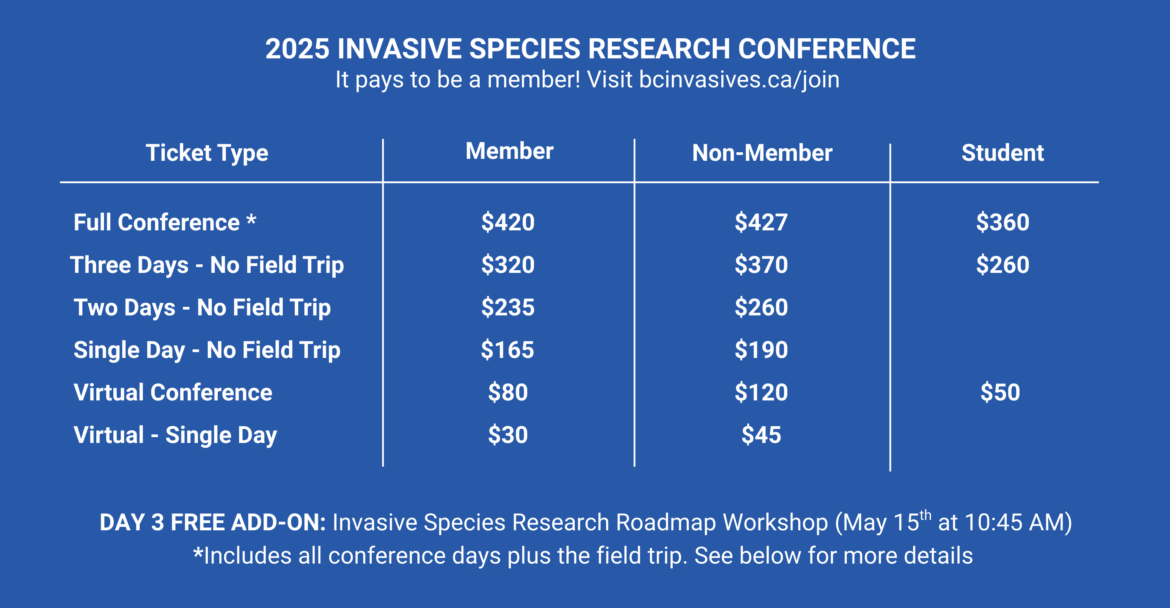
We’re happy to offer comfortable and convenient accommodations at UBC Okanagan’s campus during the conference. Located in the breathtaking Okanagan Valley, UBCO provides modern facilities and amenities to ensure your stay is both relaxing and productive.
A special rate has been negotiated for a block of hotel rooms at UBC Okanagan Accommodations for participants of the 2025 Invasive Species Research Conference:
Single Solo – Nechako Residence: $100
4-Bedroom Suite – Monashee Residence: $110
This is a great option for traveling groups! More details here.
Participants will reserve their accommodations online via a secure reservation webpage. You may also book by calling the toll-free reservation line at 1-888-318-8666 and mention the conference.
Reservations are based upon availability, This room block will be held until March 29, 2025. To secure your stay, be sure to make your reservations before March 29, after which date rooms will be released.
Looking for fun experiences in Kelowna? Check out our suggestions here.
Alternate Accommodations:
| Name | Address | Phone No. | Travel time |
| Hampton Inn & Suites by Hilton Kelowna Airport | 1665 Innovation Drive | 250-765-9042 | 1 minute drive |
| Four Points by Sheraton Kelowna Airport | 5505 Airport Way | 250-807-2000 | 2-minute drive |
| Borgata Lodge | 3185 Via Centrale | 250-491-0881 | 5-minute drive |
| Comfort Suites Kelowna | 2656 BC-97 | 1-877-456-5770 | 7-minute drive |
| Super 8 by Wyndham Kelowna BC | 2592 BC-97 | 250-762-8222 | 7-minute drive |
| Days Inn by Wyndham Kelowna | 2649 Hwy 97 N | 250-868-3297 | 7-minute drive |
Thank you to our 2025 Research Conference Sponsors!
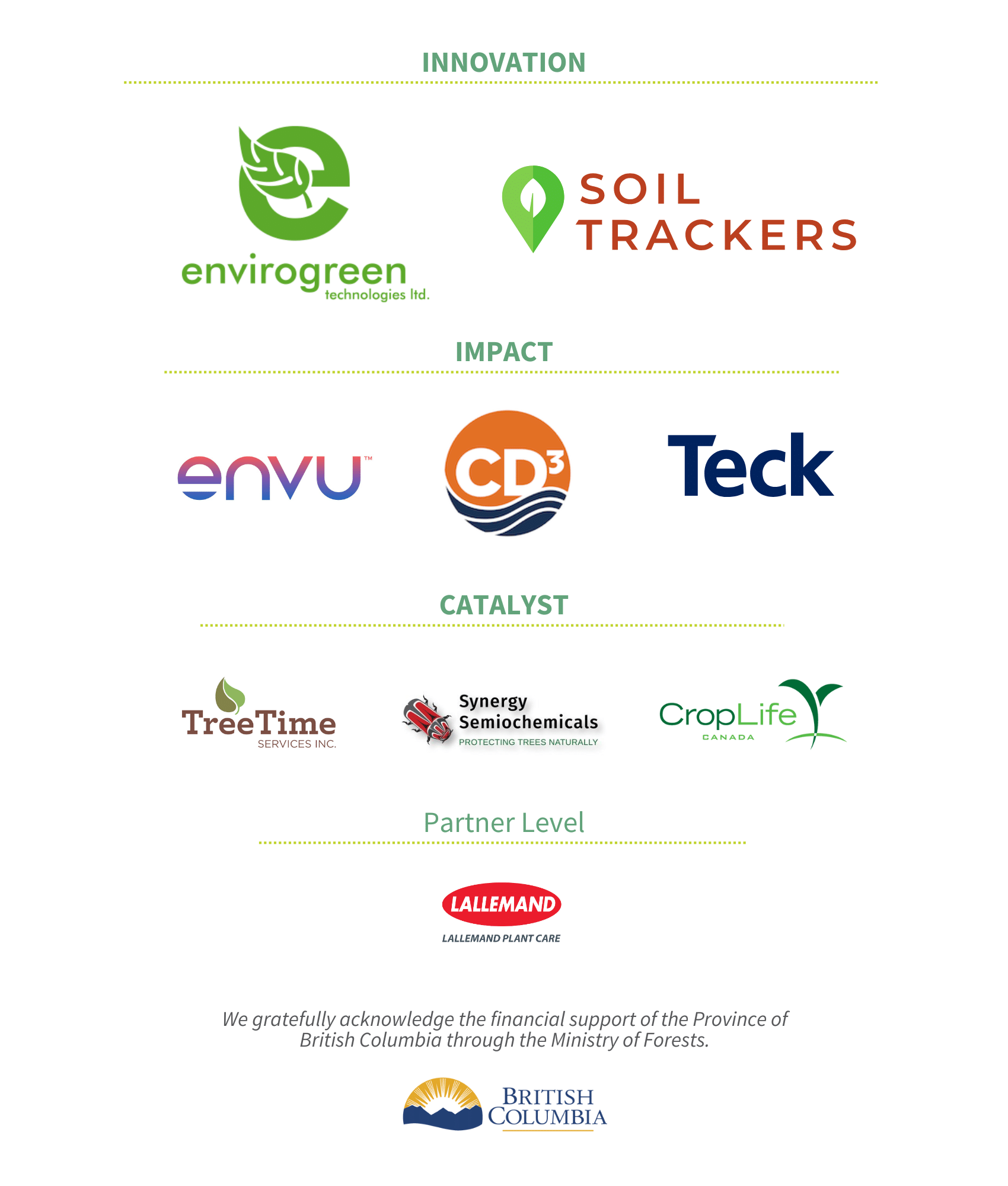
Check out our Sponsorship benefits package:



